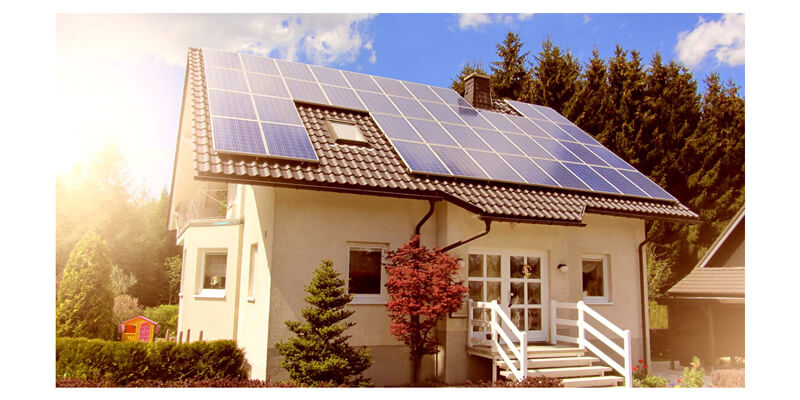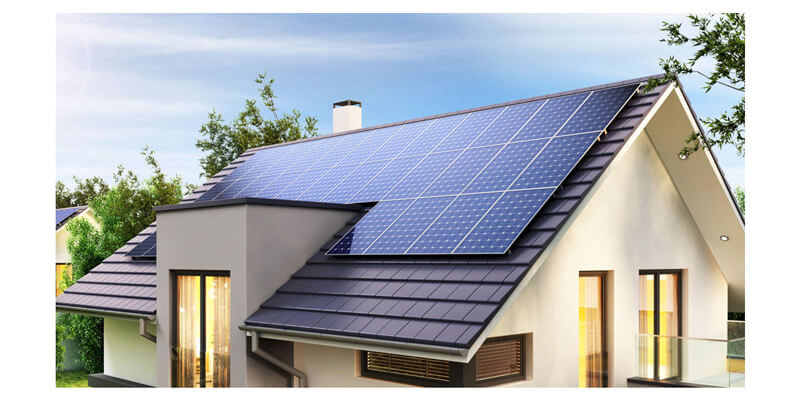Contents:
In recent years, home energy storage systems have gained significant attention due to the increasing demand for renewable energy solutions and the desire for energy independence. One common question homeowners ask is, "How long will a 30kW battery last for my whole house?" This article will explore the various factors that affect battery life, energy consumption in typical homes, and how long you can expect a 30kW battery to last based on different usage scenarios.

The energy needs of a home vary widely depending on several factors, such as:
- House Size: Larger homes generally have more appliances and systems that consume electricity.
- Climate: Homes in colder climates may use more energy for heating, while those in warmer regions may consume more energy for air conditioning.
- Number of Occupants: The more people living in a home, the higher the energy consumption due to more frequent use of lights, appliances, and electronics.
- Appliance Efficiency: Modern energy-efficient appliances can significantly reduce power usage compared to older models.
To give you an idea, the U.S. Energy Information Administration (EIA) estimates that the average American home consumes approximately 877 kWh per month, or roughly 29 kWh per day. However, this number can vary based on individual home needs, making it crucial to analyze your specific household's energy consumption when considering a home battery system.
A 30kW battery typically provides 30 kilowatts of energy capacity. It's important to note that energy (measured in kilowatt-hours, kWh) is the total amount of electricity a battery can store, while power (measured in kilowatts, kW) is the rate at which energy is delivered at any given moment.
For a rough calculation:
- Total energy capacity: 30 kW × 1 hour = 30 kWh of stored energy
- Average home consumption: If your home consumes 30 kWh per day, a 30 kW battery can theoretically power your entire home for about one day (24 hours) under ideal conditions.
However, several variables come into play that can affect this figure.
-
Peak Load vs. Continuous Load: Most homes don't use electricity at a constant rate. Certain appliances, like HVAC systems or ovens, draw much more power when they turn on than other devices. These "spikes" can drain your battery faster than expected.
-
Depth of Discharge (DoD): Most batteries are not designed to be fully discharged. For example, a lithium-ion battery might have an 80% usable capacity, meaning that only 24 kWh of the 30 kWh are effectively available for use.
-
Solar Charging: If your home is equipped with solar panels, your battery can recharge during the day, significantly extending its lifespan beyond a single discharge cycle. Solar panels combined with a 30 kW battery can offer continuous power for days, depending on sunlight availability.
-
Energy Management Systems: Advanced energy management systems allow you to control and prioritize energy usage in your home, ensuring that essential systems, like lighting and refrigeration, remain powered longer, while less critical devices are turned off.
| Scenario |
Daily Energy Consumption (kWh) |
Duration with 30kW Battery (Hours) |
| Low Consumption (Efficient Home) |
20 |
36 |
| Average Consumption (Typical Home) |
30 |
24 |
| High Consumption (Large Home) |
50 |
14.4 |
| Critical Load Only (Lights & Fridge) |
10 |
72 |
In the table above, the "Low Consumption" scenario assumes a home with energy-efficient appliances and conservative usage patterns, allowing the battery to last longer. In contrast, a large home with high energy consumption will drain the battery more quickly. By powering only critical loads, such as lighting and refrigeration, the 30 kW battery can last up to three days without recharging.

When integrated with solar panels, the battery’s performance can improve dramatically. On a sunny day, solar panels can continuously recharge the battery, extending its usable period indefinitely, assuming you're producing more power than you consume.
If your solar system generates 5 kW per hour during peak sunlight, and you only consume 4 kW per hour, the excess energy will recharge your battery, ensuring it's ready for use during the night or cloudy periods.
To visually represent how a 30kW battery might distribute its energy across various appliances, consider the following breakdown:
In the pie chart generated above, we assume a typical energy consumption pattern with major household appliances like heating and cooling, refrigeration, lighting, cooking, and other small appliances.
While a 30 kW battery can theoretically power a home for a full day, real-world conditions, including weather, peak loads, and system efficiency, can impact performance. Here are a few tips to maximize your battery life:
-
Use Energy-Efficient Appliances: Upgrading to energy-efficient appliances can significantly reduce your daily power consumption, allowing your battery to last longer.
-
Time Your Energy Usage: Some utilities offer time-of-use rates, where electricity is cheaper during off-peak hours. Use your battery to power your home during peak times and recharge during off-peak hours or when solar power is available.
-
Prioritize Essential Loads: In case of an outage, configure your system to power only critical loads, like lights, refrigeration, and medical equipment, to extend the life of your battery.







